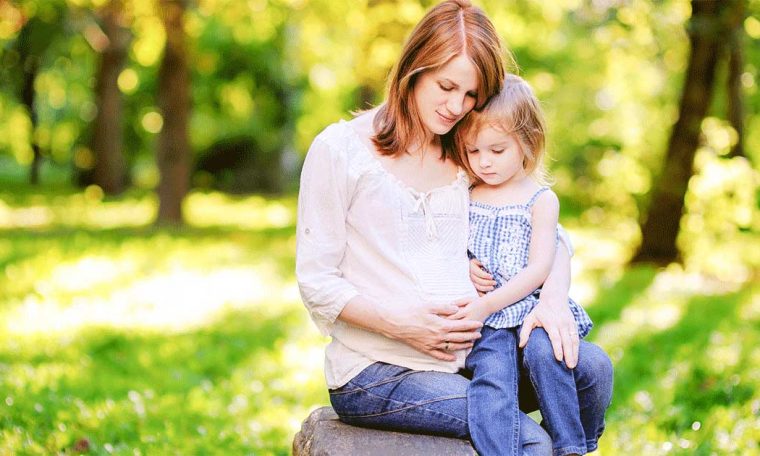
You’re swollen, you’re tired and everything hurts. Oh, the joys of pregnancy! For many mamas-to-be, a day doesn’t seem to go by without pregnancy aches and pains. Whether it’s pain in a specific area (hello, pelvic pressure!) or more general discomfort, chances are you’ll experience some of this during your nine month journey to motherhood.
The good news? Body aches in pregnancy are usually a completely normal reaction to the changes your body is going through. Having been there twice, I totally get it. With my experience and countless others that I’ve interacted with, I will discuss some tips on how to deal with these body aches.
Let’s take the more common ones first:
Dental Pain and Sensitivity
Around the second trimester, your gums may feel more sensitive while you’re flossing and brushing, and perhaps even bleed slightly. Pregnancy can affect your teeth with issues like pregnancy gingivitis, which is a mild form of gum disease. Check this video to understand this better. You can also experience swelling, redness, and bleeding while brushing, as well as inflammation around the gums. You’ll also want to look out for periodontitis, a gum infection that damages the soft tissue and the bone that supports your teeth, and tooth erosion or cavities due to vomiting in your early pregnancy.
Even if your gums are feeling tender, it’s important to keep on brushing twice a day and flossing daily. If you haven’t seen a dentist in the past six months, or if you notice any issues, like tender gums or pain, book an appointment with your dentist. In the meantime, you can alleviate discomfort by rinsing with salt water or switching to a softer toothbrush.
Headaches
As pregnancy hormones soar, estrogen and progesterone may affect headache-related chemicals in your brain. Although it might be tempting to simply pop a painkiller, discuss your options with your medical provider. Generally, aspirin is not recommended during pregnancy, but your provider might recommend acetaminophen (such as Tylenol or others) or another medication to help relieve headaches. You might also want to try the following strategies to manage headaches:
- Use a cool compress
- Try a few relaxation techniques
- Avoid headache triggers, like food or odors that have triggered migraines in the past
- Get more sleep
- Get some light to moderate exercise
- Manage your stress
- Eat regularly.
Now, we’ll take a look at the most painful one:
The Back Pain
The most common cause of back pain comes from the strain put on your back muscles as your baby gets heavier. Check out this study if you are interested in the details of how it happens. As your weight shifts to the front of your body, you may try to maintain your balance by leaning backwards, which puts additional pressure on the back muscles and can result in pain, stiffness, and soreness.
Your abdominal muscles also stretch and weaken over the course of your pregnancy, so you may find your back and spine don’t get the support they need. Pregnancy hormones also contribute to pregnancy-related back pain by relaxing the connective tissue holding your bones in place, especially the ligaments in the joints of your pelvis, in preparation for birth.
The good news is you can take measures to reduce the pain, like maintaining good posture when you stand, sit, or move. You can also:
- wear low-heeled shoes with good arch support
- invest in a firm mattress to support your back
- lift from the knees instead of bending
- sleep on your side, and place a pillow between your legs or under your tummy for extra support.
Regular exercise may not give you immediate pain relief, but strengthening your back muscles can help support your back and legs and ease your back pain in the long term.
Another very effective way of combating the back pain in pregnancy is to use a pregnancy pillow. I was given as a gift by a friend of mine that I found very effective. Over the months, I grew fond of it. In my second time, I went online and found a bunch of those pregnancy pillows. I’ve used this memory foam C-shaped and found it really helpful. You can look at the best options and choose for yourself.
Talk to your doctor about finding the right exercise plan for you while you’re pregnant, but for some inspiration, you can check out our exercising while pregnant tips. Don’t forget that once your little one is born, you won’t be putting that same degree of strain on your back anymore, and you’ll probably start to feel better.
When to See a Doctor: Abnormal Pregnancy Aches and Pains
Many of the pregnancy body aches and pains you’ll experience are perfectly normal, but there are a few symptoms that could point to a more serious condition. For example, if you have upper abdominal pain or shoulder pain coupled with headaches, you may want to see your medical practitioner to make sure it’s not preeclampsia. Or, if you have severe abdominal or pelvic pain accompanied by vaginal bleeding in your first trimester, it could be the sign of an ectopic pregnancy. If you’re in doubt, consult your practitioner for further advice.
Aches and pains may strike at some point during your pregnancy, perhaps more than once, but usually they’re perfectly normal, and will go away once your baby is born. Pregnancy is the first step in your journey with your little one, which will come with ups and downs, but will be worth it in the end.






